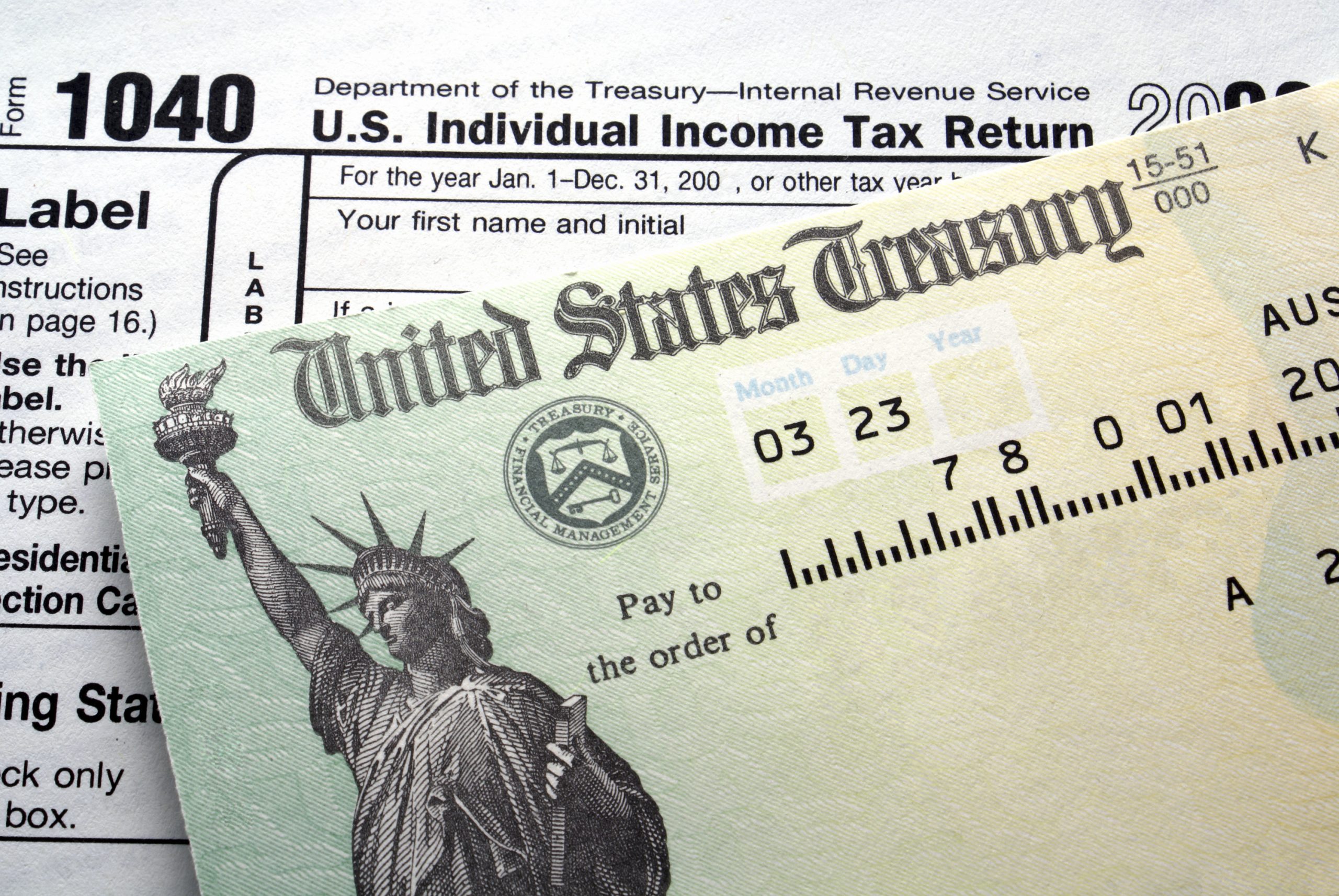
Why hello there, Procrastinator. I know you’re busy wondering how 2015 got away from you, but here’s some good news:
1. Clean Your Closet
If you itemize deductions, you might want to take some time to round up unused clothes and household items, and donate them before Dec. 31. “Take a picture of what you’re donating, make a complete list of items and value, and get a receipt,” said Gail Rosen, a certified public accountant based in Martinsville, N.J. Not only will this help you save on taxes, end-of-year non-cash donations can double as much-needed house cleaning. Cash donations and charitable donations share the same deadline, per the IRS, and be sure to document any donations in case of an audit.
2. Review Investments
You can sell losing stocks to offset capital gains, which is known as tax-loss harvesting. Read the ins and outs of that strategy here, but remember, if you’re considering tax-loss harvesting, be sure to think beyond the tax implications. “Don’t sell just for tax reasons,” Rosen warned. “It should make economic sense.”
3. Make Payments Early
You could make your January mortgage payment in December and have it count toward deductible interest for 2015. “Just keep in mind that if you do this in 2015, you have to do the same thing next year or you will only deduct 11 months of mortgage interest in 2016,” Rosen advised.
If you plan to pay tuition for courses in spring 2016, consider paying in December so you can deduct those qualified education expenses for 2015. Paying state taxes early could also improve your taxes. “If people itemize and their state has state income tax, they might consider making their fourth quarter estimated payment in December instead of January,” said Bob Wheeler, chief executive of RWW CPA in Los Angeles. Keep in mind the longer you wait to make payments, the more likely you are to miss the Dec. 31 cutoff.
4. Max Out Retirement Contributions
There are a lot of good things about saving for retirement, even in the short term. “I always suggest that you max out your retirement — it’s a great way to reduce your taxable income,” said Lisa Greene-Lewis, a CPA and tax expert with TurboTax. “When you max out your retirement, you may be eligible for the Savers Credit.” The Retirement Savings Contributions Credit, aka Savers Credit, gives a tax break to low- and moderate-income taxpayers based on income and retirement contributions. If you participate in a 401(k) through your employer, elect to make an employee deferral contribution by Dec. 31, though you can make qualified contributions until the tax-filing deadline. Contribution limits vary by type of retirement account and age.
You don’t have to wait until the last minute to do these things, however. Several CPAs we spoke with recommended reviewing taxes in October or November so there’s plenty of time to make adjustments and avoid any penalties. Tax preparation is really a year-long activity, and while that may not sound fun, it can make tax time less stressful.
This article originally appeared on Credit.com and was written by Christine DiGangi.










